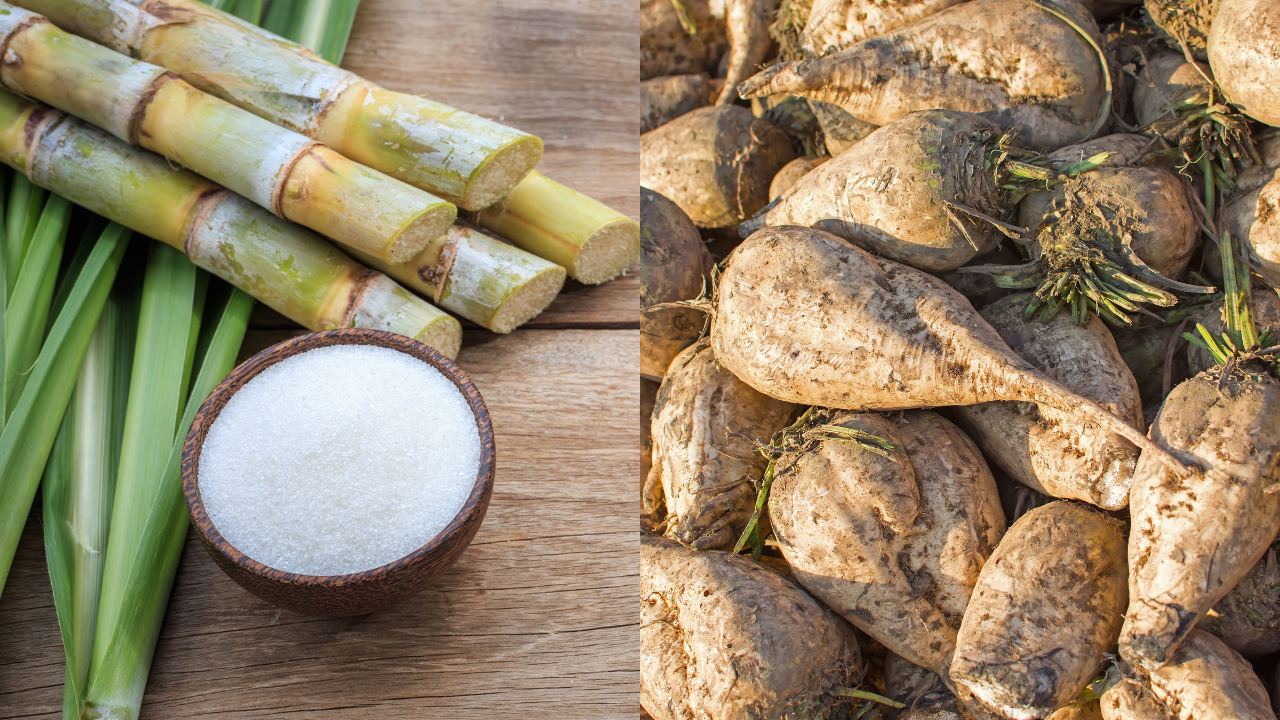The agricultural practices for beet sugar vs cane sugar contribute to differences in harvesting time.
The agricultural practices for beet sugar vs cane sugar contribute to differences in harvesting time.
Blog Article
Exploring the Distinctions in Uses and Benefits In Between Beet Sugar Vs Cane Sugar
In the culinary world, the selection between beet sugar and cane sugar is not simply concerning sweetness yet involves a nuanced consideration of flavor, application, and effect. While both sugars stem from different plants, each goes through unique production processes that subtly affect their features and suitability for numerous dishes.
Beginnings and Production Procedures of Beet and Cane Sugar

Walking cane sugar, on the other hand, comes from the sugarcane plant, an exotic yard native to Southeast Asia however currently grown in tropical zones worldwide - beet sugar vs cane sugar. The production of cane sugar starts with the harvesting of cane stalks, which are squashed to release the juice.

Nutritional Material and Health Considerations

When contrasting the nutritional content of beet sugar and cane sugar, it ends up being obvious that both kinds essentially provide the very same calorie values, with about 16 calories per teaspoon and no considerable nutrient variety. Both sugars, when consumed in excess, can contribute to elevated blood glucose levels, a risk variable for diabetic issues and other metabolic conditions. From a health perspective, moderating intake of any type of type of sugar, whether from beet or cane, is a good idea to avoid these possible adverse impacts on well-being.
Flavor Accounts and Culinary Applications
In spite of their comparable chemical frameworks, beet sugar and cane sugar differ discreetly in taste, which can affect their use in numerous cooking contexts. Walking cane sugar frequently brings a hint of molasses, also in its refined kind, lending a warm, caramel-like undertone that enhances baked goods, coffee, and chocolate-based recipes. On the various other hand, beet sugar is characterized by its extremely refined, neutral taste, making it a versatile sweetener that does not modify the taste accounts of meals.
Environmental Influence and Sustainability
While both beet and cane sugars are stemmed from plants, their environmental effects differ substantially due to the distinctive techniques of growing and processing a knockout post needed for every. Sugar beet growing usually includes comprehensive automation, which can increase fossil fuel usage and carbon discharges. Nonetheless, beetroots can be grown in cooler environments and call for less irrigation, possibly reducing water usage compared to sugarcane. Sugarcane, on the various other hand, is usually expanded in tropical areas where it relies greatly on watering and a longer growing duration, enhancing its water footprint.
Additionally, the handling of sugarcane frequently generates a significant amount of waste, consisting of bagasse, which, although usable as biofuel, regularly adds to air pollution if shed inefficiently. Sugar beet handling utilizes more of the raw products, leading to much less waste. Both sectors face obstacles in minimizing their environmental impacts, yet recurring advancements in farming techniques and waste monitoring are intending to improve sustainability.
Economic Elements Affecting the Sugar Market
The economic dynamics of the sugar sector are significantly affected by global market demands and profession policies. In areas where sugarcane or sugar beet production is subsidized, manufacturers might have an economic advantage that enables them to use reduced prices on the global market.
In addition, variations in global need for sugar, affected by nutritional trends and industrial use in food products, directly influence costs and manufacturing levels. beet sugar vs cane sugar. Climate condition also play a sites critical function, as they can considerably impact plant returns and, subsequently, the supply chain. This irregularity presents a level of economic unpredictability that can bring about investment volatility in sugar manufacturing fields, affecting choices from planting to market strategy
Conclusion
In verdict, both beet and cane sugar have unique top qualities that match various cooking needs. While cane sugar conveys an abundant taste ideal for improving baked goods, beet sugar's nonpartisanship is site here perfect for lighter dishes.
Report this page